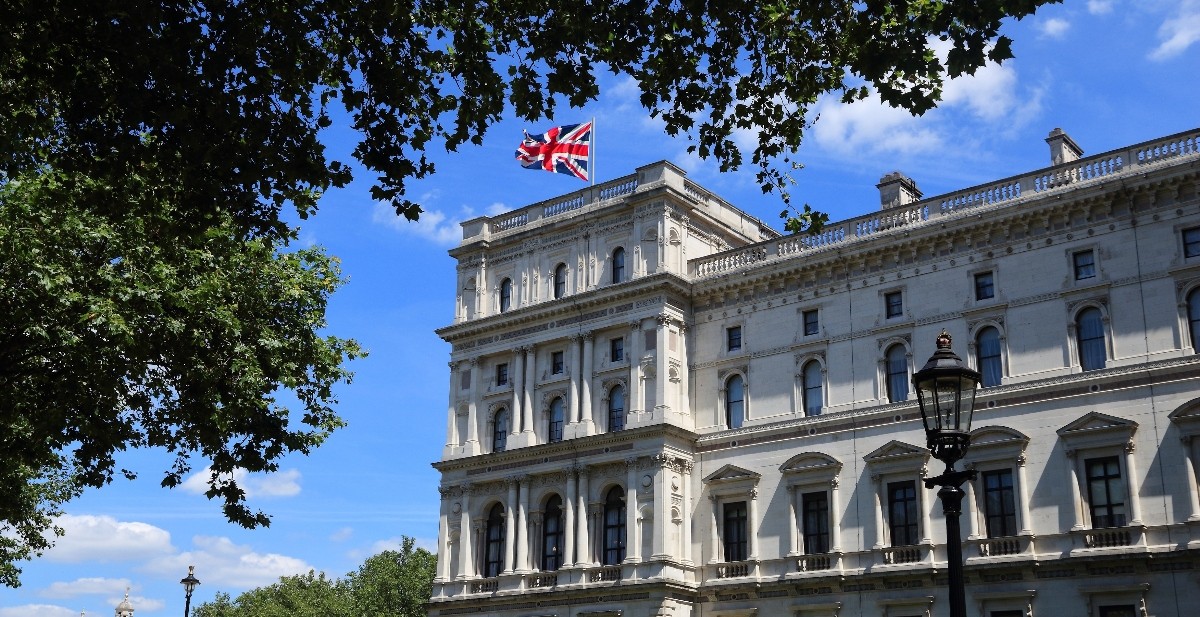UK unveils toughest sanctions yet targeting Russia’s oil and shipping networks

The measures were unveiled by Foreign Secretary Yvette Cooper in Parliament and coordinated with Chancellor Rachel Reeves’ meetings with G7 finance ministers in Washington.
At the centre of the action are comprehensive restrictions on Rosneft and Lukoil, Russia’s two dominant oil companies, which are reported to export more than three million barrels of oil per day. The UK Foreign, Commonwealth and Development Office (FCDO) has framed this as an explicit attempt to sever the “revenue streams” funding Russia’s aggression, focusing on the maritime channels through which crude and refined products are moved.
The package designates forty-four tankers that the UK has identified as operating outside the G7 price-cap. These vessels are now barred from accessing UK-linked services, including insurance, classification, financing, and port entry.
Further restrictions have been imposed on four oil terminals in China, and Nayara Energy Limited, an Indian refiner, is reported to have imported over 100 million barrels of Russian crude in 2024. These actions signal a clear intent to penalise third-country entities facilitating Russian oil exports.
A significant component of the new sanctions targets Russia’s LNG operations. Seven specialised LNG tankers have been designated, alongside the Beihai LNG terminal in China, which has been receiving shipments from Arctic LNG 2, a major Russian project already sanctioned by the UK in February 2024.
The UK has also moved to prohibit the import of oil products refined in third countries from Russian-origin crude.
UK Foreign Secretary Yvette Cooper said: “Europe is stepping up. Together, the UK and our allies are piling the pressure on Putin – going after his oil, gas and shadow fleet – and we will not relent until he abandons his failed war of conquest and gets serious about peace.” She described Ukraine’s security as inseparable from that of Europe and the United Kingdom, calling the sanctions “another step towards a just and lasting peace.”
UK Chancellor Rachel Reeves, speaking in Washington before a meeting of G7 finance ministers, said: “We are sending a clear signal: Russian oil is off the market,” she said. “As Putin’s aggression intensifies, we are stepping up our response. The UK will continue to strip away the funding that fuels his war machine. We will hold to account all those enabling his illegal invasion of Ukraine.”
Taken together, these measures significantly expand the maritime dimension of the UK’s sanctions regime. By designating tankers, port facilities, and LNG infrastructure, the government is moving beyond entity and vessel sanctions to target the physical logistics of Russia’s energy trade. The inclusion of non-Russian terminals and refiners points to an emerging shift toward secondary enforcement, tightening the compliance obligations of shipowners, insurers, financiers, and charterers worldwide.
To learn more about KYC and the Baltic Know Your Customer (KYC) Platform, please click here.